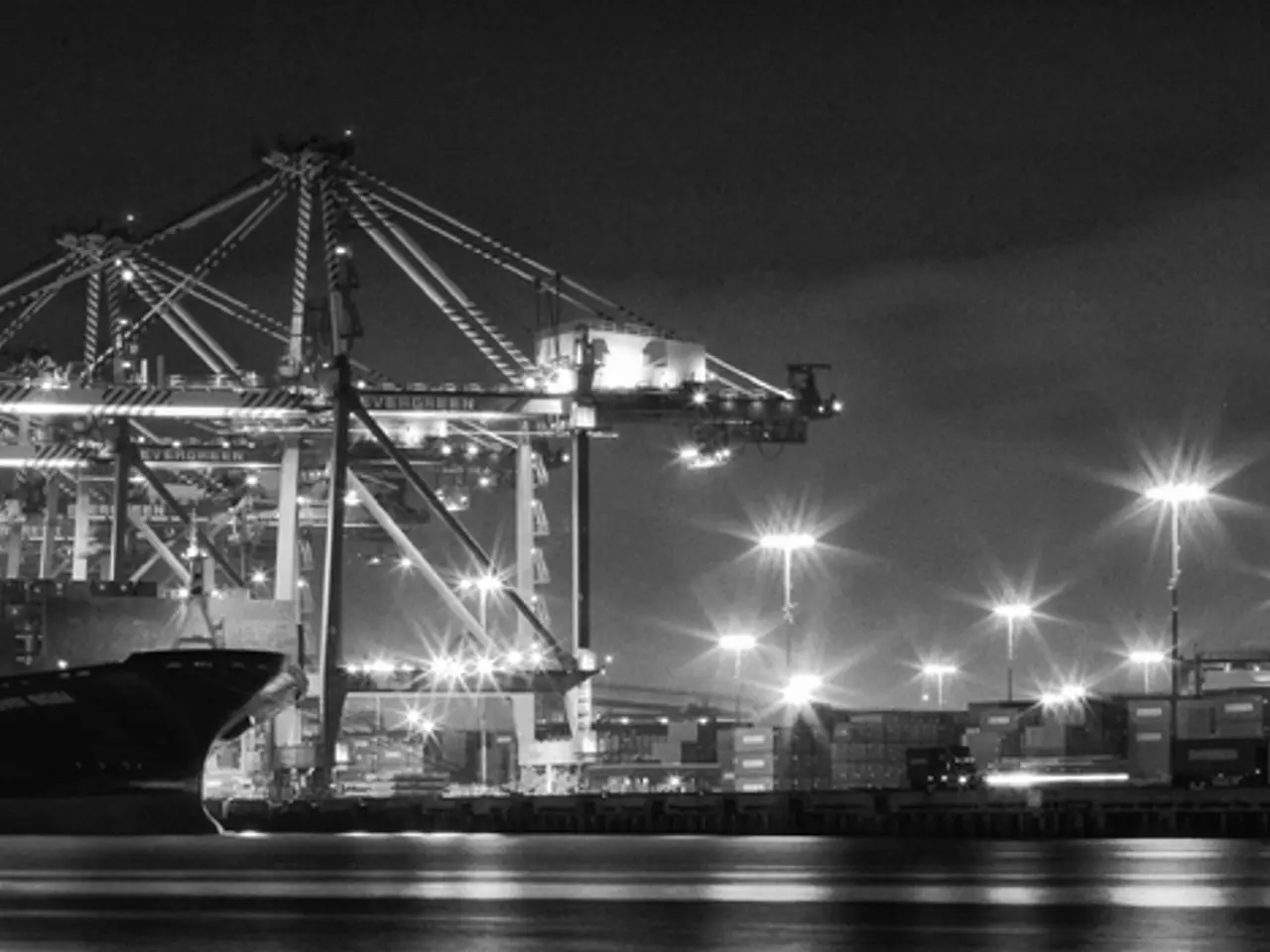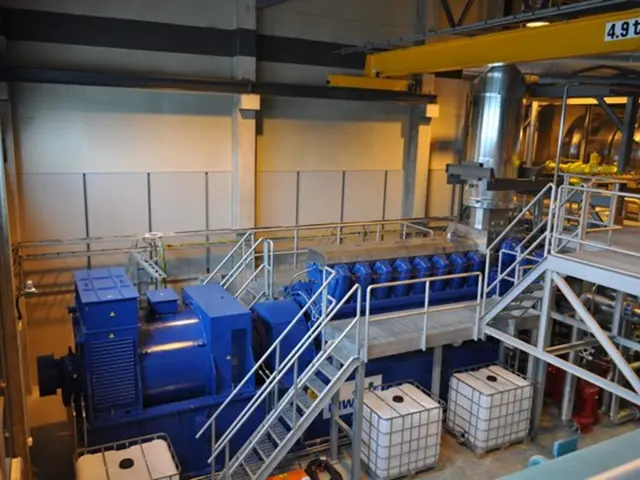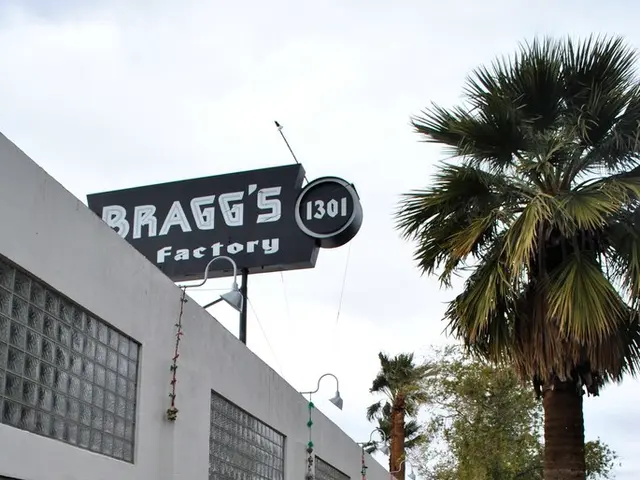Preserve the steel industry at all costs, states Merz
Federal Chancellor Friedrich Merz embarked on a tour of the federal states, making a stop in Saarland, where he emphasized the importance of a modern and green steel industry for Germany's future. During his visit, Merz reiterated his commitment to maintaining steel production in Germany, viewing it as a strategic interest.
At the State Chancellery, Merz was received by Anke Rehlinger, Saarland's Minister President, who had recently called for a commitment from the federal government to the steel industry. Rehlinger highlighted the need for clear framework conditions, energy prices, and hydrogen infrastructure for the steel industry, echoing Merz's sentiments.
Merz also visited the Helmholtz Centre for Information Security (Cispa) and the UNESCO World Heritage Site Völklinger Hütte. The latter, a former ironworks, serves as a poignant reminder of the historical significance of the steel industry in Germany.
The discussions between Merz and Rehlinger centered on economic development and growth, with both parties agreeing that it should be the top priority for the country. They also acknowledged the importance of green markets and infrastructure.
Merz stated that further negotiations are needed on US tariffs of 50 percent on steel, aiming to reduce external pressures and tariffs that could hinder the competitiveness of German steel producers in global markets.
The Chancellor also emphasized the need for a reliable, sustainable steel strategy for Germany, with plans to intensify talks with steel production sites and workers in the coming weeks. The strategy prioritizes developing a modern steel industry, including a green steel industry, implying investments and policies to promote low-carbon steel production methods.
In summary, Merz’s steel policy strategy aims to preserve Germany’s steel industry while steering it towards green, climate-compatible production methods to maintain competitiveness and strategic independence amid global trade challenges. The negotiations will focus on quotas to enable steel export without high tariffs.
Economic and social policy discussions between Merz and Rehlinger highlighted the need for a green steel industry, with a focus on energy prices, hydrogen infrastructure, and clear framework conditions for the industry's development. Additionally, Merz mentioned the necessity of a reliable, sustainable steel strategy that prioritizes investments in low-carbon production methods, aiming to maintain the industry's competitiveness in finance and global markets.




